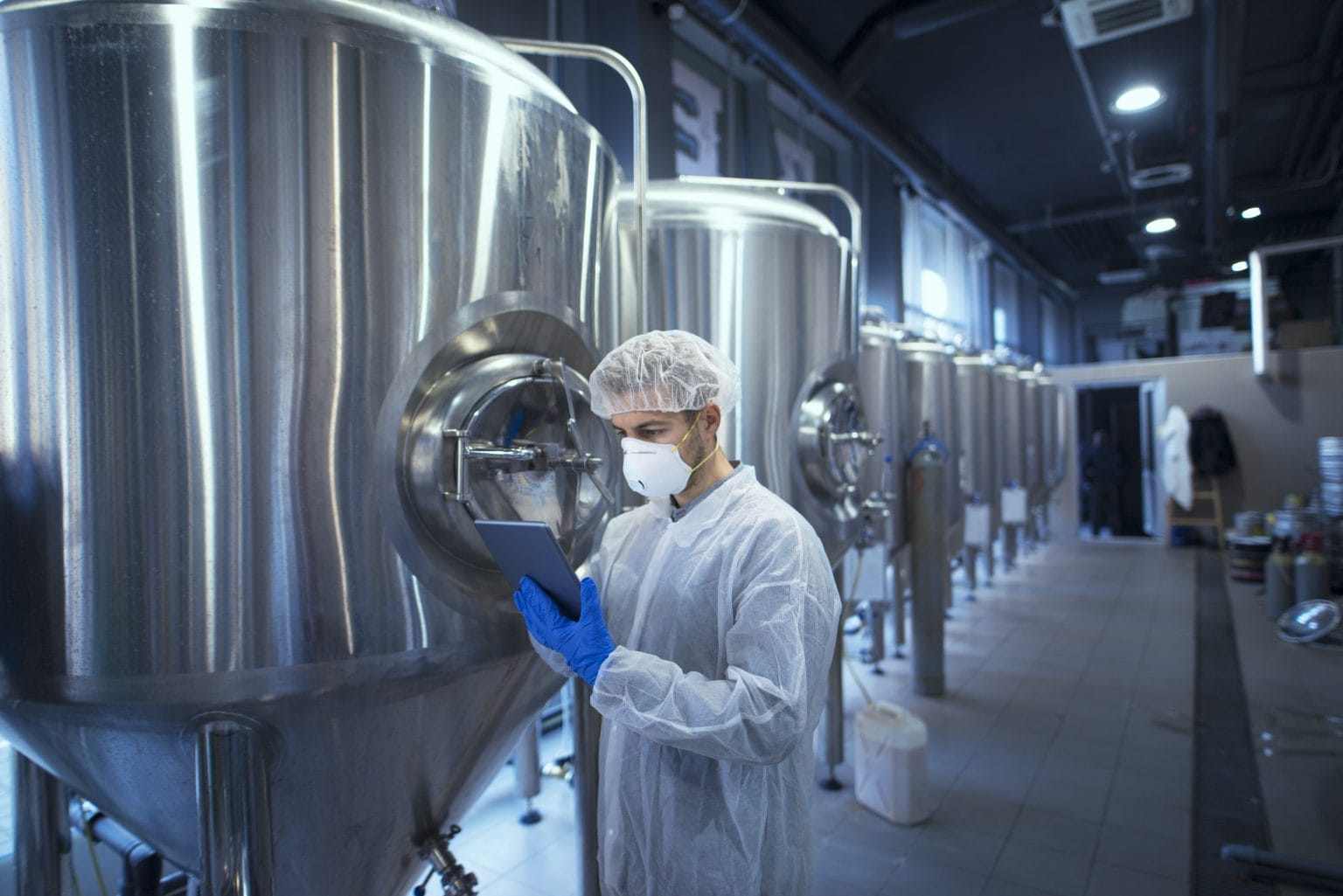Cancer is increasing—19.3 million new diagnoses and almost 10 million fatalities were recorded worldwide in 2020, states the WHO. That figure can only increase, fueling an immediate need for innovative oncology pharmaceutical companies to develop breakthrough therapies.
For many pharmaceutical companies, in-house manufacturing of oncology drugs is not feasible due to cost, regulatory constraints, and technological demands. This is where pharma contract manufacturing organizations (CMOs)—also known as Contract Development & Manufacturing Organizations (CDMOs)—become essential. However, selecting the right partner is critical. The wrong choice can result in compliance delays, quality risks, and disruptions in the supply chain.
Why Pharma Companies Struggle to Handle It In-House
Many oncology drugs contain HPAPIs, which are effective at low doses but hazardous to handlers. Manufacturing facilities must integrate:
- Isolators and Restricted Access Barrier Systems (RABS) to prevent exposure.
- Negative pressure containment to avoid cross-contamination.
- Strict personal protective equipment (PPE) protocols for staff safety.
Creating an in-house manufacturing unit that addresses all these regulatory, technological, and operational hurdles isn’t merely expensive—it’s a logistical and compliance minefield.
The Smart Solution – Contract Manufacturing
This is where pharma contract manufacturing partners, also known as Contract Development & Manufacturing Organizations (CDMOs), come in. The right CDMO will handle HPAPI containment, compliance, and scalability—so you don’t have to.
But not all cancer drug manufacturing companies are created equal. The wrong CDMO can lead to compliance delays, quality risks, and supply chain disruptions.
This guide will walk you through everything you need to know about selecting the best oncology pharma manufacturing partner, helping you minimise risks, ensure compliance, and accelerate time to market.
The Unique Challenges in Oncology Drug Manufacturing
- Handling High-Potency APIs (HPAPIs)
Oncology drugs often contain HPAPIs that are effective at low doses but highly toxic to handlers. This means manufacturers must:
- Use isolators and restricted access barrier systems (RABS) to prevent exposure.
- Implement negative pressure containment to avoid cross-contamination.
- Ensure operators wear full PPE suits and undergo specialised training.
- Cytotoxicity Risks & Containment Requirements
Cytotoxic drugs pose serious risks to both production staff and the environment. The best oncology pharmaceutical companies address this by:
- Dedicated cleanrooms with HEPA-filtered air systems.
- Single-use disposable systems to prevent contamination.
- Highly controlled airlocks and pressure differentials.
- Regulatory Compliance: No Room for Error
Oncology drugs undergo stricter regulatory scrutiny than most pharmaceuticals. Failure to meet standards can mean recalls, lawsuits, or a complete shutdown. Regulatory hurdles include:
- Continuous stability testing to prove shelf-life and efficacy.
- Batch validation to ensure consistency across production runs.
- Global compliance requirements from the FDA, EMA, and ICH.
- Scaling Up
Some oncology drugs are highly personalised (such as CAR-T therapies), while others require large-scale production. The best pharma contract manufacturing partners must be able to:
- Support small-batch personalised treatments without high overhead costs.
- Scale up mass-market oncology drug production while maintaining strict quality control.
How the Right CDMO Solves These Challenges
- Specialised HPAPI Handling Facilities
A top-tier oncology pharma CDMO will feature:
- Isolators and RABS to ensure sterility.
- Automated material transfers to limit human exposure.
- Negative pressure airflow to prevent contamination.
- Regulatory Expertise to Accelerate Approvals
An experienced CDMO understands the intricacies of regulatory filings, audits, and inspections. The right partner will:
- Navigate FDA, EMA, and ICH regulations efficiently.
- Provide comprehensive documentation for faster approvals.
- Ensure end-to-end compliance to reduce delays.
- Advanced Technology for Targeted & Biologic Therapies
With oncology pharmaceutical companies shifting toward biologics, Antibody-Drug Conjugates (ADCs), and gene therapies, leading CDMOs invest in:
- Single-use bioreactors for biologic drug production.
- Automated aseptic processing for sterility assurance.
- Cryogenic storage systems for temperature-sensitive therapies.
- Scalability & Flexibility
The best cancer drug manufacturing companies must be able to:
- Adjust production levels in response to demand.
- Handle both small-batch niche drugs and large-scale mass-market therapies.
Choosing the Right Oncology Drug Manufacturing Partner
When evaluating pharma contract manufacturing partners, consider these key factors:
1. Proven HPAPI & Cytotoxic Drug Handling Expertise
Does the CDMO have decades of experience working with high-potency and cytotoxic drugs?
2. Regulatory Track Record
- Have they passed FDA, EMA, and MHRA audits without major compliance issues?
- Do they have a history of smooth regulatory approvals?
3. State-of-the-Art Manufacturing Infrastructure
- Do they have dedicated cleanrooms, isolators, and high-containment facilities?
- Can they support both small-batch and large-scale production?
4. Transparent API Sourcing & Supply Chain Control
- Are their API suppliers audited and compliant?
- Do they have robust contingency plans for supply chain disruptions?
The Future of Oncology Drug Manufacturing & Role of CDMOs
Personalised Cancer Treatments & Cell & Gene Therapies Are on the Rise
The oncology pharma industry is moving toward the following:
- Patient-specific therapies like CAR-T treatments.
- Next-gen biologics require specialised production capabilities.
The Growing Need for Faster Market Entry
Speed to market is critical for success. Pharma contract manufacturing partners with:
- Speed to market is crucial for oncology drug success.
- CDMOs with advanced automation & AI-driven manufacturing will dominate.
Conclusion
Oncology drug manufacturing isn’t just about production—it’s about precision, compliance, and risk management. The right pharma contract manufacturing partner will:
- Ensure top-tier containment for HPAPIs & cytotoxic drugs.
- Navigate regulatory approvals faster & more efficiently.
- Provide scalable, flexible production solutions for personalised & mass-market oncology drugs.
Pinnacle Life Science specialises in high-potency API containment, compliance-driven manufacturing, and advanced production technologies for oncology drugs.Contact us today to discuss your oncology drug manufacturing needs or explore our cutting-edge solutions. Let’s bring breakthrough cancer therapies to market—safely and efficiently.


